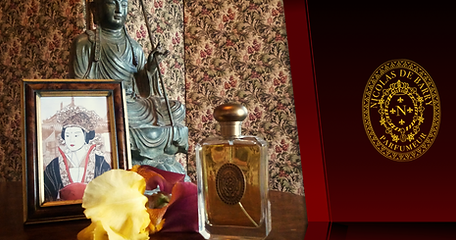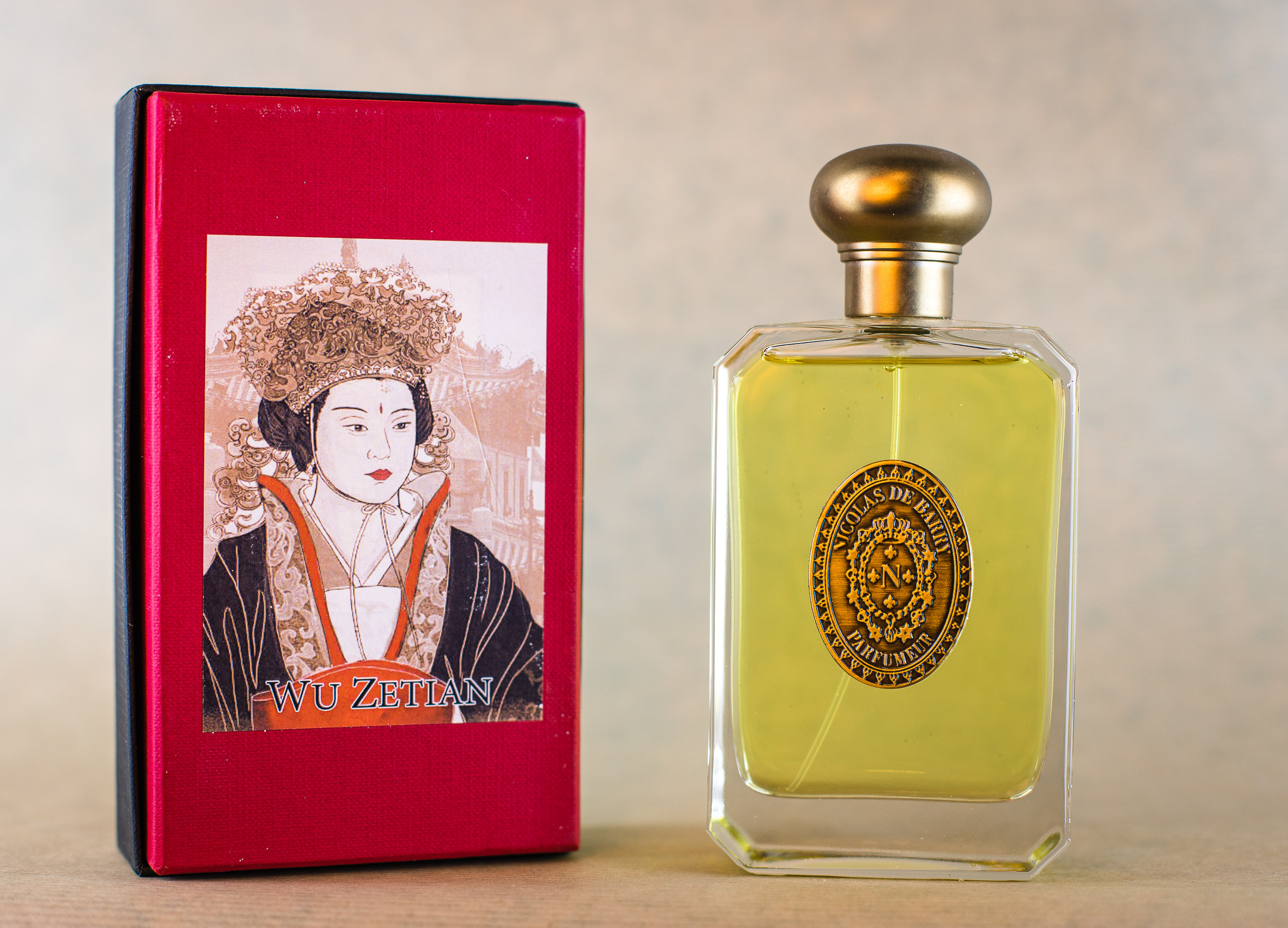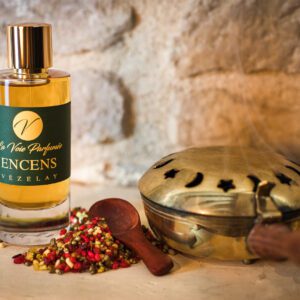Eau de Parfum – Empress Wu Zetian
Eau de Parfum – Empress Wu Zetian
Eau de Parfum – Impératrice Wu Zetian
In this recreated perfume, the accord Iris-Tuberose centralises a sensual effluvium into which the Osmanthus from China and the Oud, very popular at that time, are incorporated. A perfume of provoking sensuality but made truly imperial with the aristocratic touch of the Iris of China.
Wu Zetian was the only empress to reign in the history of China. She founded her own dynasty, the Zhou dynasty, of which she was the only monarch, under the name of “holy and divine emperor” from 655 to 705.
This time was a relatively free period for the women of China. The culture and education were more generously transmitted to women, who could then devote themselves to pictorial, poetic and literary arts, but also to politics. The Chinese
empress had herself been initiated to classical works, to painting, dance, music, and poetry.
She ordered large statues of Buddhas to be sculpted in the Longmen caves, that later led to the renaming of the place and were classed as Unesco World Heritage Site. War leader, with a constant ambition and strong temperament, she reigned for decades on Tang China. Wu Zetian governed from her capital Xian, a solid and prosperous state, thrived and contributed to making China a distinguished civilisation and a trading power by developing exchanges on the Silk Road.
The Empress was indeed a strong-willed woman, but her seductive dimension that allowed her to climb the ladder of power is not to be omitted. In fact, a woman in that time had to make use of all of beauty’s devices, including cosmetics and
perfumes. Let us not forget their standard of life: the palace was heated by perfumed emanations, the offices were also heated and perfumed, the perfume burners allowed for each room to be aromatised, including the emperors and empresses’
couch.
At that time, the most precious perfumes: Vietnam oud, Yunnan rose, jasmine and osmanthus from Guilin, Himalayan musk, maritime amber, are prised and very expensive. During the period, the practices are of extreme refinement like the “dry”
enfleurage of Iris powder with tuberose: each morning hundreds of flowers were picked, and Iris powder was introduced into them, taking the odour of the the tuberose. By repeating the operation for about twenty days, an Iris powder, highly
saturated in tuberose perfume, was obtained. This powder was used by the Empress to whiten her face and body, as talc after her bath, to perfume her clothes…
210,00 €
| Quantité | 100 ml |
|---|







Reviews